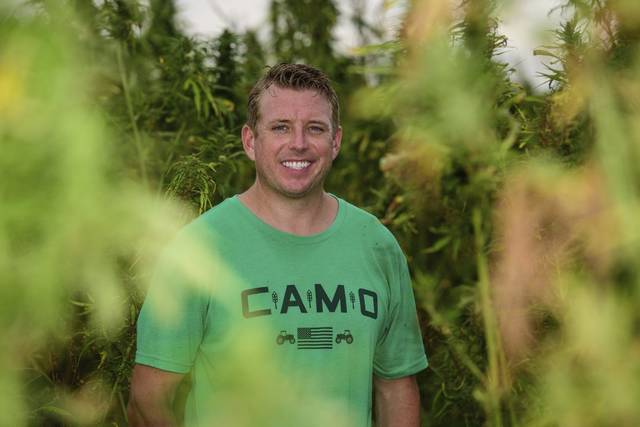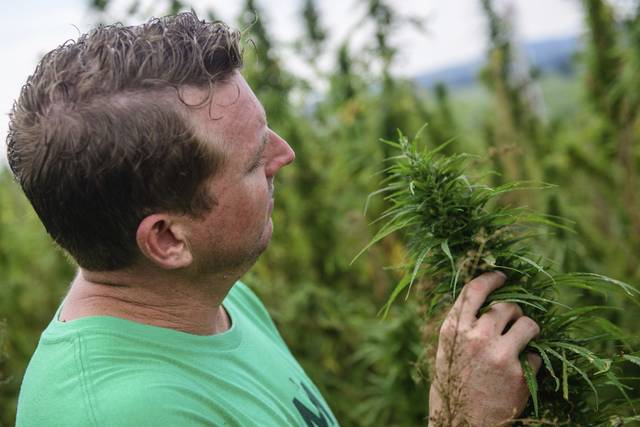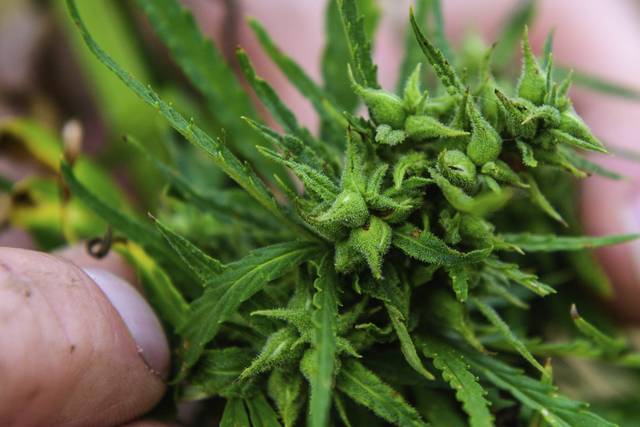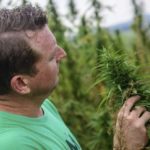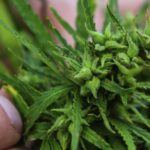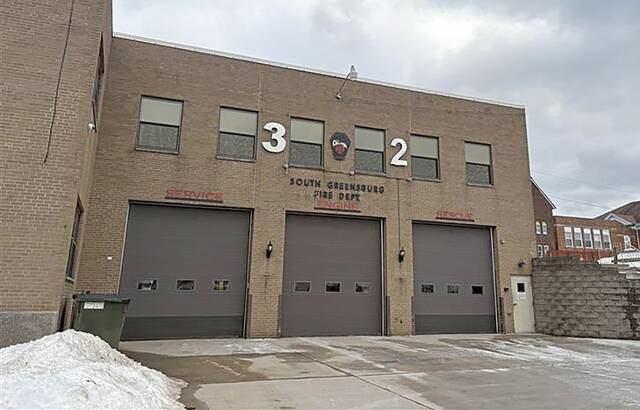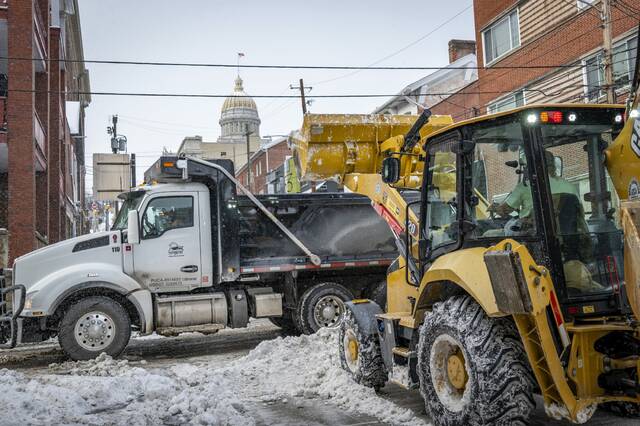Hemp fields could be coming soon to Hempfield, now that a new program from the state Department of Agriculture lifts the limits on the long-banned crop.
“We think it’s a big win for everyone,” said state Rep. Eric Nelson, R-Hempfield.
Farmers still must apply through the state in order to grow hemp, but there are no longer caps on the number of applications approved or the amount of hemp farmers can grow.
Industry leaders see a multi-billion dollar future for the industry, and Westmoreland County has a head start.
Pittsburgh company Commonwealth Alternative Medicine Solutions opened a hemp processing plant near New Stanton last year, operating under a state program that allowed farmers to grow a limited amount of the crop for research purposes.
The facility turns hemp into medical products containing cannabidiol, more commonly known as CBD. It has about 30 employees, with plans to hire about 20 more this year.
Company officials hope to ramp up CBD production and branch out into new hemp-based products.
“You’ll see an influx of investment dollars come in. Banking and insurance will see us not so much as an outside entity,” CAMO founder Matthew Mallory said.
Like marijuana, hemp is a variety of the cannabis plant, but it contains almost none of the chemical THC that makes marijuana psychoactive.
Though it was once a common American crop, the federal government banned hemp in the 1930s because of its association with marijuana.
That ban was lifted when Congress passed a new Farm Bill in 2018, though states still need to craft their own industrial hemp regulations.
CAMO officials eventually plan to expand their operation to produce hemp-based textiles and food products.
“Our plan was always to do a full portfolio of processing, and use the entire plant, but that’s a staged process that requires infrastructure and investment,” Mallory said.
In the short term, CAMO will continue to focus on CBD, a source of almost guaranteed profit.
Hemp-based medical products have become increasingly popular, despite existing in a legal gray area until recently.
The national CBD industry was worth about $600 million in 2018, and demand is expected to skyrocket in the years ahead, according to industry analyst Brightfield Group.
CAMO plans to expand from the 50 acres of hemp it grew in 2018 to about 300 this year.
“Whenever we move into other sectors of the plant, you’ll see those grow 1,000 acres or 5,000 acres,” he said.
Mallory once predicted the company would hire farmers to grow 1,000 acres of hemp in 2019. Now he says it might take a while longer. The region doesn’t yet have the infrastructure to support large-scale hemp farming, he said.
Hemp is a tenacious plant, which makes it desirable for fabric, rope and construction materials but difficult to harvest.
“Hemp’s fiber is very tough, and it’s tough on the equipment,” Mallory said. “So the big challenges are getting the right equipment, and getting it in time.”
Nelson said public money might help with that. He said he plans to meet with county leaders to consider using county money to buy specialized hemp-harvesting equipment which could be shared with local farmers.
“They don’t have to solve all of the problems of the harvest,” he said. “My primary goal is to allow any farmer to grow it if they want to, under the controls of the program.”
There were 33 approved Pennsylvania hemp growers in 2018, operating under the research pilot program. That number expanded to 84 this year, and more applications are being accepted, according to the state Department of Agriculture.
Jacob Tierney is a Tribune-Review staff writer. You can contact Jacob at 724-836-6646, jtierney@tribweb.com or via Twitter @Soolseem.


